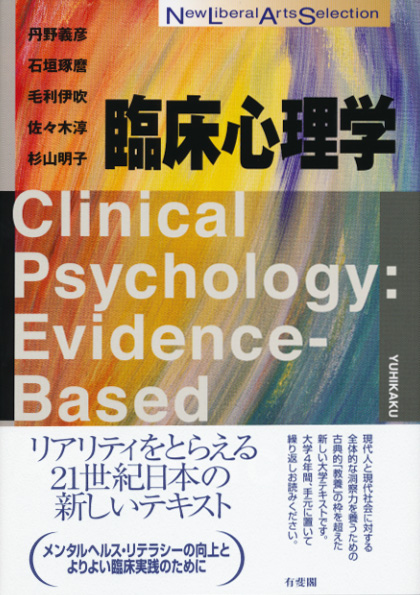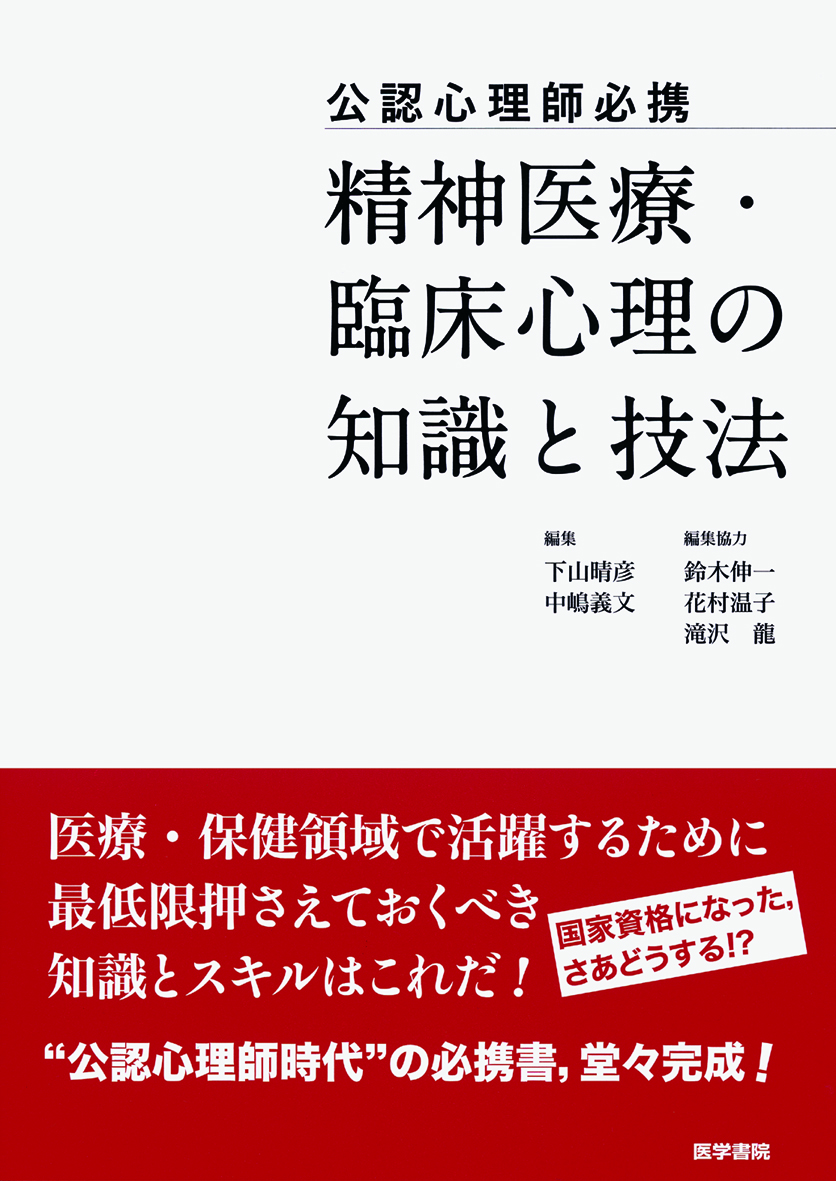
Title
Mental health-related stigma among Japanese children and their parents and impact of renaming of schizophrenia (Psychiatry and Clinical Neurosciences, Vol.71, Issue 3)
Size
10 pages (pages: 170-179)
Language
English
Released
March, 2017
ISSN
1323-1316
Published by
John Wiley and Sons
Book Info
Japanese Page
Mental-health-related stigma has been historically popular for the public, and still affects the general public in the present. However, whether mental-health-related stigma is different or correlated between parents and their children is unknown, although the vertical transmission from parents to children is thought to be one of the reasons for remaining stigma.
Schizophrenia is a psychiatric disease which around one percent of the general population affect. However, there has been little information provided for the public because of the stigma for people with schizophrenia. Although the name of schizophrenia changed in 2002, it is unknown whether the name change would have long-term effects on reducing stigma for adults in the general population.
We previously reported that less than half of the university students knows the old and new names of schizophrenia as the same conditions. The students who responded the old name of schizophrenia was different condition from the new name had fewer stigma toward people with schizophrenia (Koike et al., 2015). We also reported that mass media has not used the old name of schizophrenia since the name change (Koike et al., 2016). These studies suggest that little knowledge for the name change itself may reduce the stigma toward people with schizophrenia. However, little is known whether the results would generalize for the general adults.
Therefore, we recruited 143 parent – child pairs (mean ages [SD]: 51.5 [3.6] and 21.2 [1.2] years, respectively) to complete self-report questionnaires regarding mental-health-related stigma and experience. We also assessed negative stereotypes for three psychiatric disease names (old and new names of schizophrenia, and depression), and for diabetes mellitus as a physical illness comparison. The questionnaires also asked respondents to identify the old and new names of schizophrenia and dementia, respectively, among 10 names for mental and physical illnesses and conditions.
The results showed that parents showed lower stigma toward people with mental illness and diabetes mellitus, but similar or greater toward people with schizophrenia, compared with their children. Stigma toward people with mental illness in parents was significantly correlated with that in their children. The rate of correct identification of the old and new names for schizophrenia was higher in parents than in their children (64.7% vs 41.4%, P < 0.001). Parents who responded correctly endorsed more negative stereotypes toward the new name of schizophrenia compared with those who responded incorrectly (P = 0.049).
The present findings suggest that stigma toward people with mental illness is shared between family members, and the name change of schizophrenia has effectively reduced mental-health-related stigma in adults of various ages.
[1] Koike S, Yamaguchi S, Ojio Y, Ohta K, Ando S: Effect of name change of schizophrenia on mass media between 1985 and 2013 in Japan: a text data mining analysis. Schizophr Bull 2016;42(3):552-9.
[2] Koike S, Yamaguchi S, Ojio Y, Shimada T, Watanabe K, Ando S: Long-term effect of a name change for schizophrenia on reducing stigma. Soc Psychiatry Psychiatr Epidemiol 2015;50(10):1519-26.
(Written by Shinsuke Koike, Associate Professor, Graduate School of Arts and Sciences / 2017)



 Find a book
Find a book


 eBook
eBook
